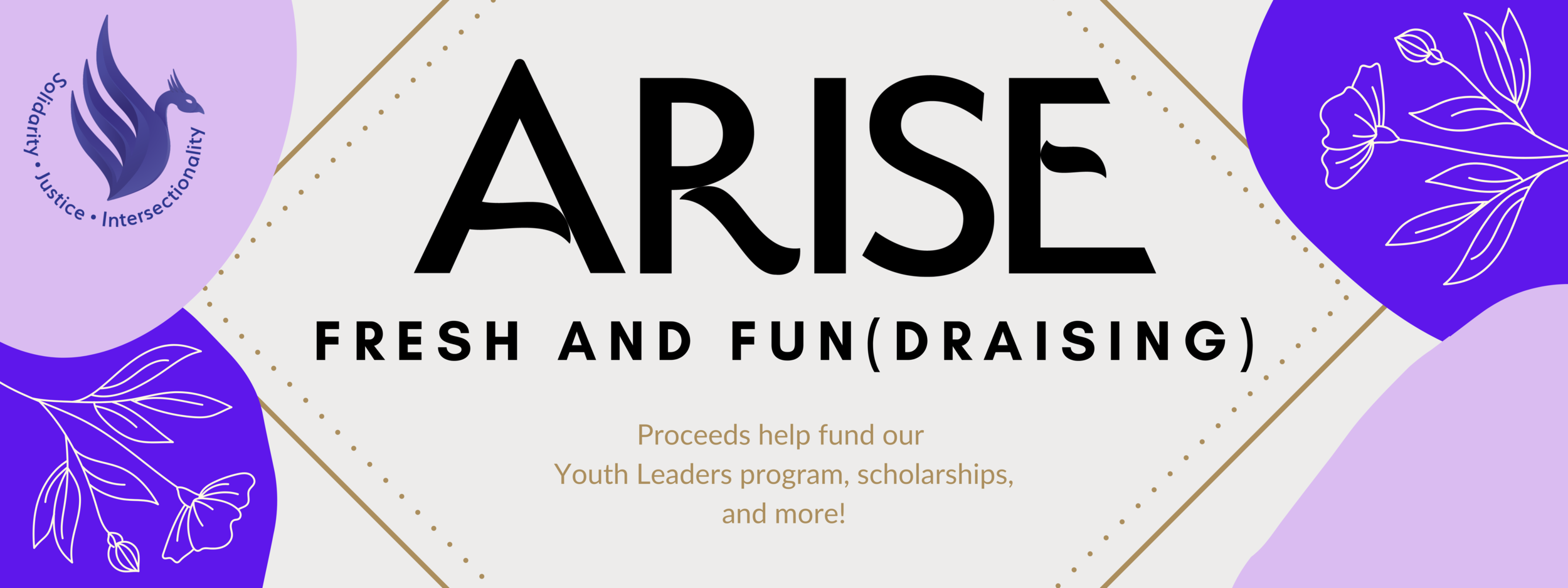The Alliance of Rhode Island Southeast Asians for Education Justice (ARISE) stands in opposition to House Bill #HB6149. As parents, youth, and community members deeply concerned for student safety, we are deeply troubled by the call for increased support for school resource officers. This bill denies the years of research showing that SROs not only fail to keep our students safe, but actively harm and endanger them.
The evidence shows that police, both in Providence and the U.S. widely, disproportionately criminalize Black, Indigenous, Latinx and students of color, as well as differently abled students. In Providence schools alone, there were over 230 arrests between the 2016-17 and 2019-20 school years, 65% of whom were boys of color. Meanwhile, Black students were targeted in 30% of all student arrests, while only making up 16% of the student population. There is no evidence that SROs improve student safety. Instead research shows that the majority of students feel unsafe with SROs. At the worst extreme, the police are known to physically traumatize students – in the US, there have been 152 documented assaults on students of color by police officers between 2007-2021.
Below are direct testimonies from our Youth Leaders, all of whom are students in Rhode Island.
Naomi, a tenth grader in Rhode Island, says “I don't think we should have SROs because SROs promote the sense violence answering to what could be mental health issues a student is going through which isn't really helping if we really want change in our community. By actually finding the root of the problem through restorative practitioners to learn why exactly students are acting this way. If you've heard of school shootings they are usually caused by students with health issues so there is a strong possibility that if there were more mental health practitioners they could have gotten help and it wouldn't have happened in the first place.”
“The policies and authoritative disciplines involving zero tolerance and police in schools must end. SRO’s create a hostile, tense, and uncomfortable environment for students as they are punished for having bad days, or for simply being themselves. This creates a harmful perpetuation that students, particularly students of color, cannot be trusted and that they are powerless as they are brutalized and arrested as soon as a white teacher cries for help,” says Gabby, a Junior in Rhode Island “Our friends, siblings, cousins, and future leaders deserve better. They deserve to be treated as the human beings they are and to be able to grow, thrive, and flourish in a safe, encouraging, and supportive environment free of police.”
Rachel, a tenth grader, tells us that “SROs do not belong in schools. We as students don't need to be held down or arrested for having a bad day or having a mental breakdown. We are children who just come to school to learn and be in a safe space to succeed. I don’t want to be criminalized for my mental health. I’m not a criminal. I am a child.”
Dayanara, a current High School Senior, reminds us that “For years, children have seen the occurrences of students being mistreated and not given the proper support from cops.” Further, she asks, “They don’t have the skills – and if they do, then why are they not utilizing the skills to support and help students?”
Evelyn, who’s currently in tenth grade at The MET, asks “How can we feel safe when there are SROs in the school? How can students focus when there is no emotional support when they need help? Where is the person that will help us when we feel stuck? Why do we have SROs in schools when we can have more counseling where it is needed? What does having SROs at schools make any difference in making it safe when there have been many school shootings and schools still aren't safe?”
Similarly, Jeny – a current Senior – tells us that “School should be a safe space. If we constantly have the looming presence of hate and anger around, that place doesn’t feel safe anymore, It feels contaminated. A lot of things that students experience stem from the brain and how their mental health is going. Police are not trained for that. They wouldn’t know how to deal with a student who is having a bad day. They mainly know brutal force and as many experiences have shown, it doesn’t work. Students should have people whom they trust and feel comfortable with. So, by taking SROs and Police out of schools, students will feel like school is a safe environment, instead of the constant reminder that school is like a prison and that they are always under watch.”
Akyla, a Senior, says “School is a place to grow, not to be afraid to walk the halls and feel like we have to watch our backs. Students should feel safe to be themselves and to be able to express their opinions without the violent aspects of SRO’s watching their every move. Instead of being educated, students are being targeted and being treated like prisoners. Police are not necessary in a place meant for students to get an education. The focus of getting mental health support will guide students to feel safe and engaged in their own school life. Counselors will provide the support and basic support that could greatly impact students in need of personal and social growth.”
Cesar, a current Senior, tells us that “If schools keep cops in schools then there’s going to be more violence and trauma for students and will feel like they’re not in school; they will feel like they’re in a jail cell instead. Cops should be replaced by counselors or social workers because students will feel more safe around them and they’ll be able to ask them for help or just someone to talk to.”
Ailani, a tenth grader at Classical High School, recounts an incident from her time in seventh grade: “Two kids got into a fight and the school cop was called to pull them apart. One of the kids however was still angry and started to struggle in the cops grip. So the cop ended up slamming him onto the stage that was in our lunch room, handcuffing him and pulling him out of the cafeteria. Now in this situation someone trained in helping kids with their emotions would have been better than a man handling a kid that is barely a teenager.
There are going to be situations that arise in schools where kids may lose a grip on their emotions but having cops there to man handle them is not going to fix the problem or prevent it from happening again. The best option is to have counselors in schools to help kids with their emotions.” Ailani goes on to conclude that “cops should not be in schools. There is data showing that they don't do anything but cause anxiety to students and even increase the chances of students getting arrested for petty things. Kids are required to go to school and therefore it should be a safe place for them.”

